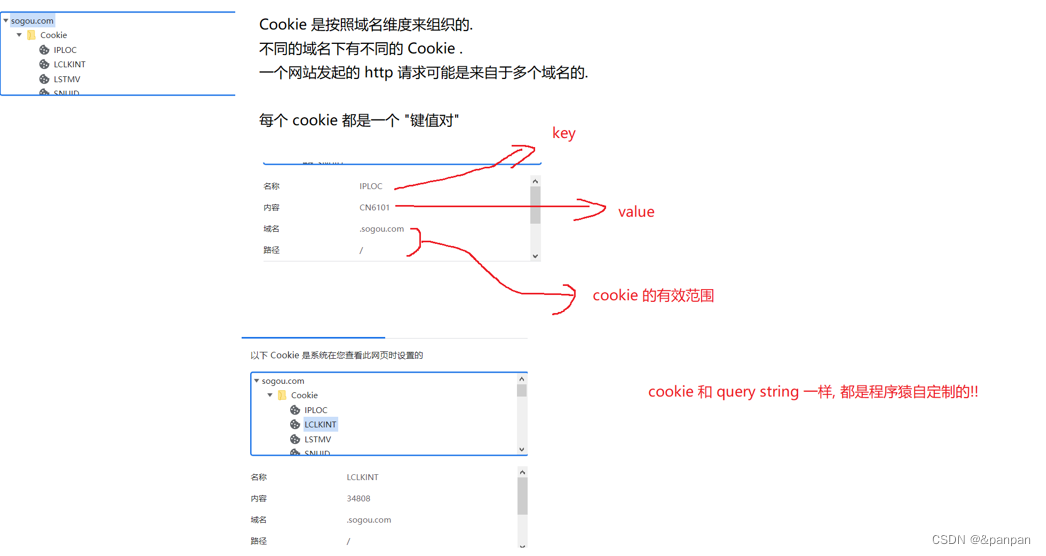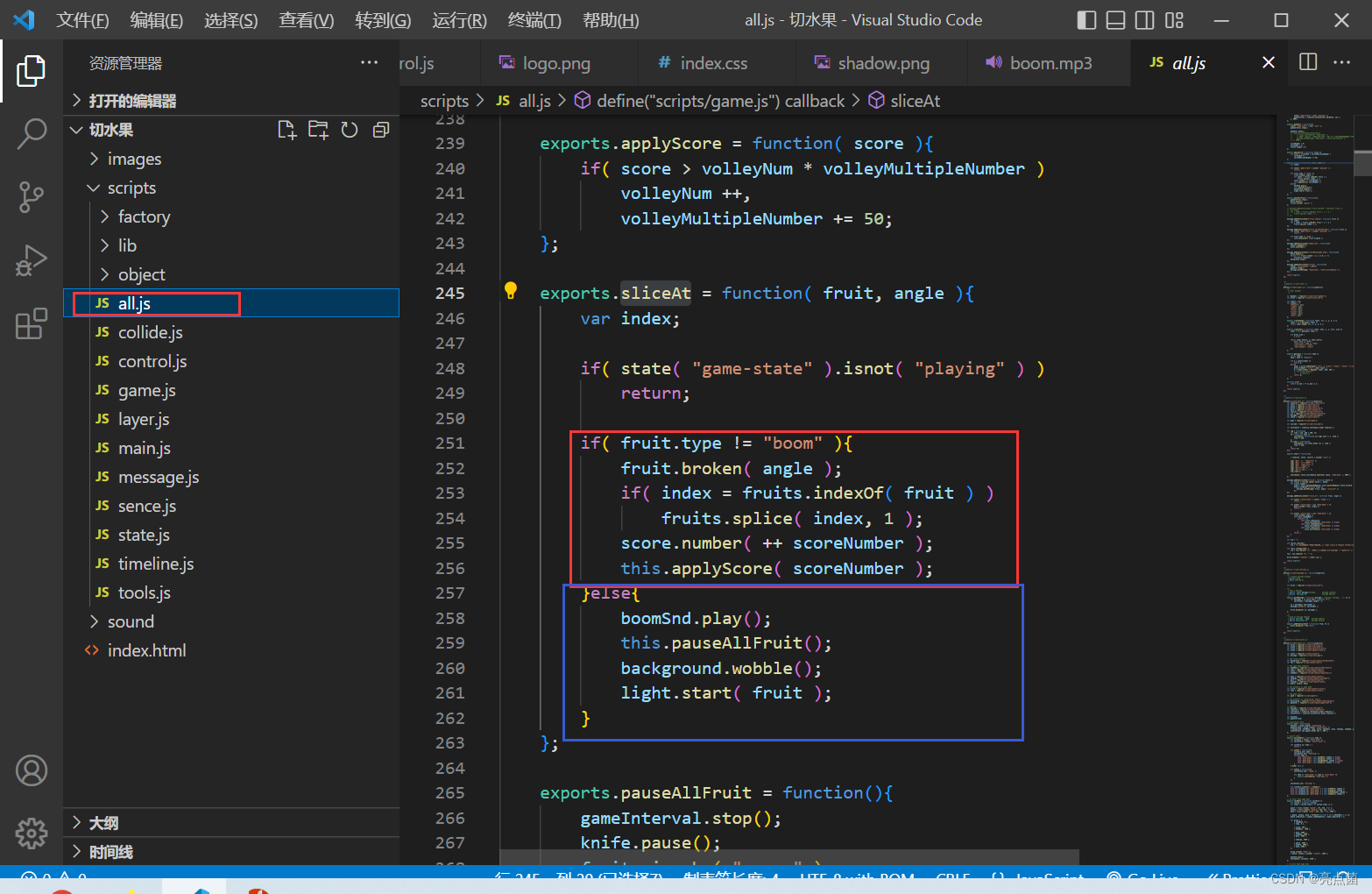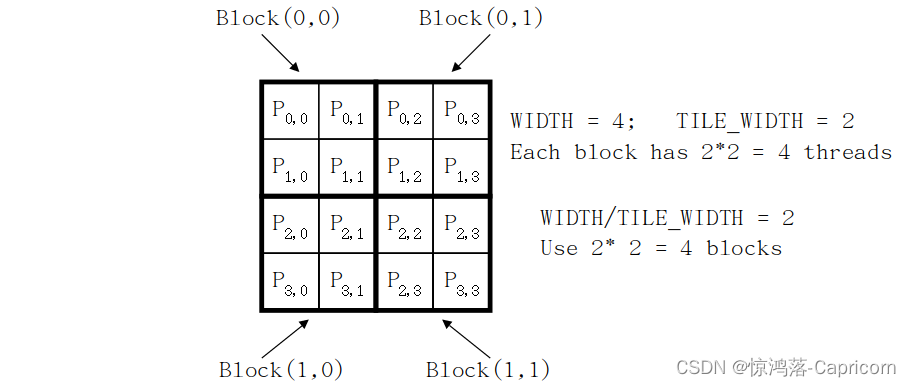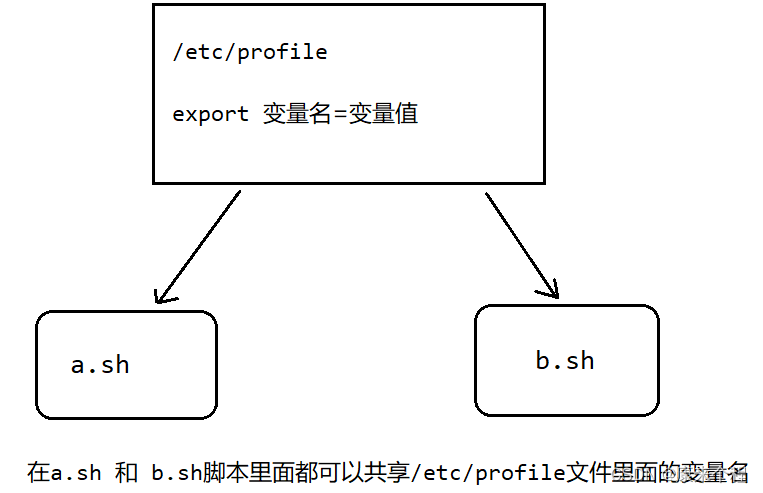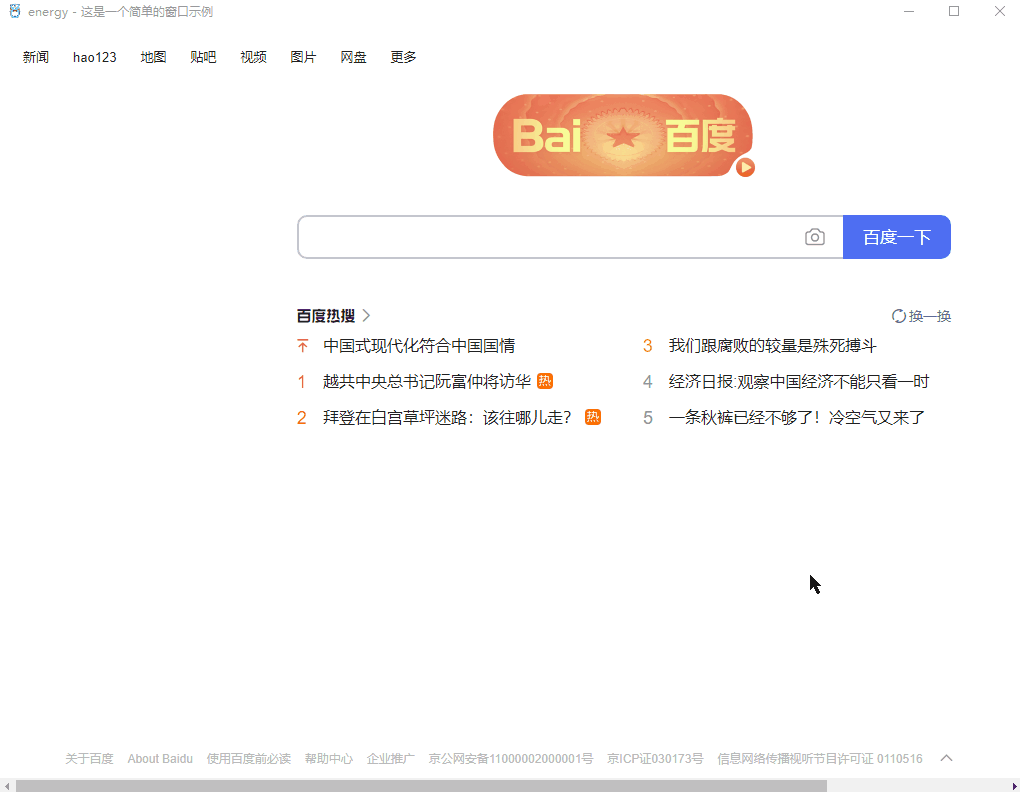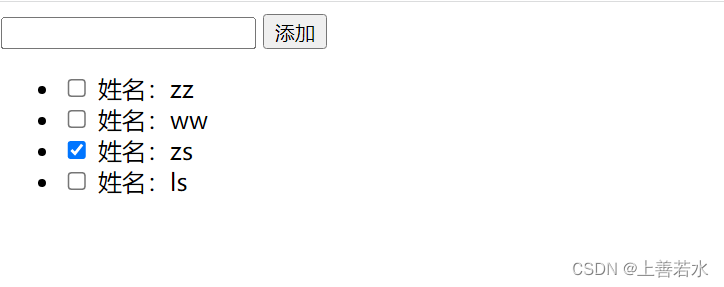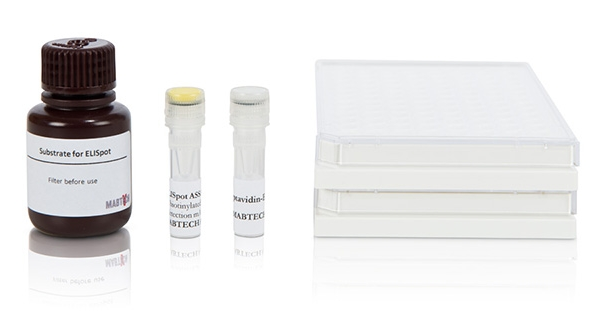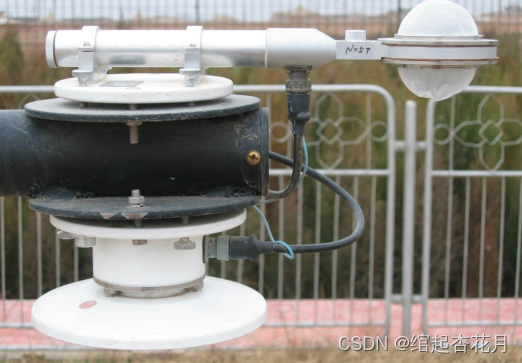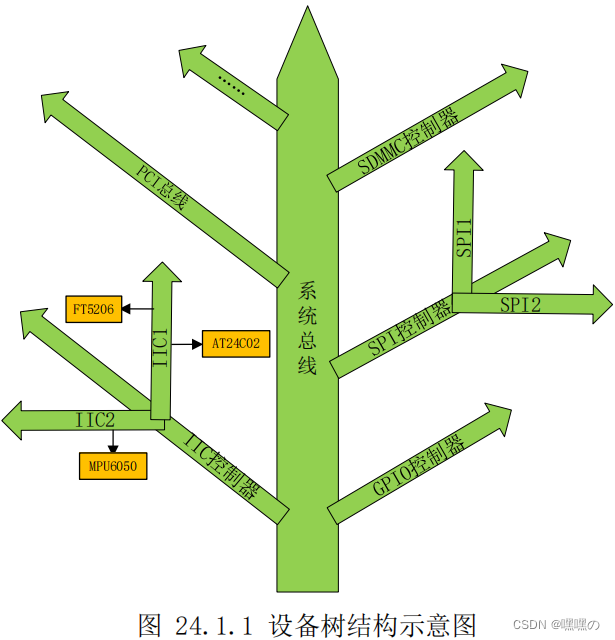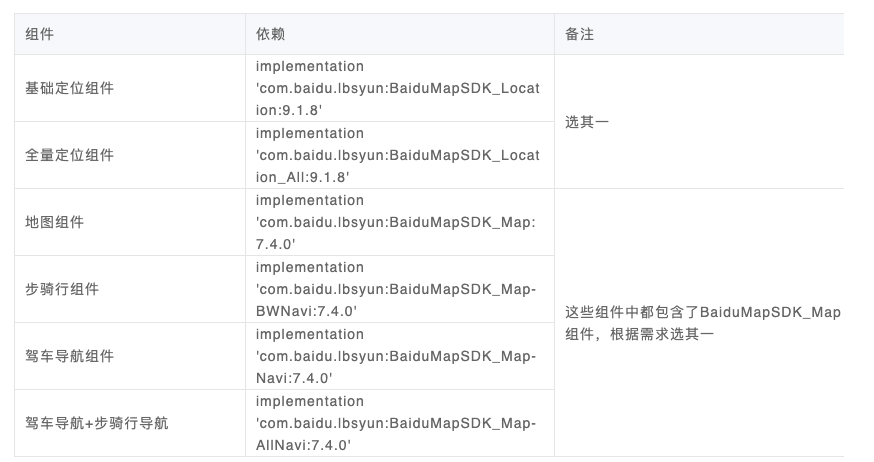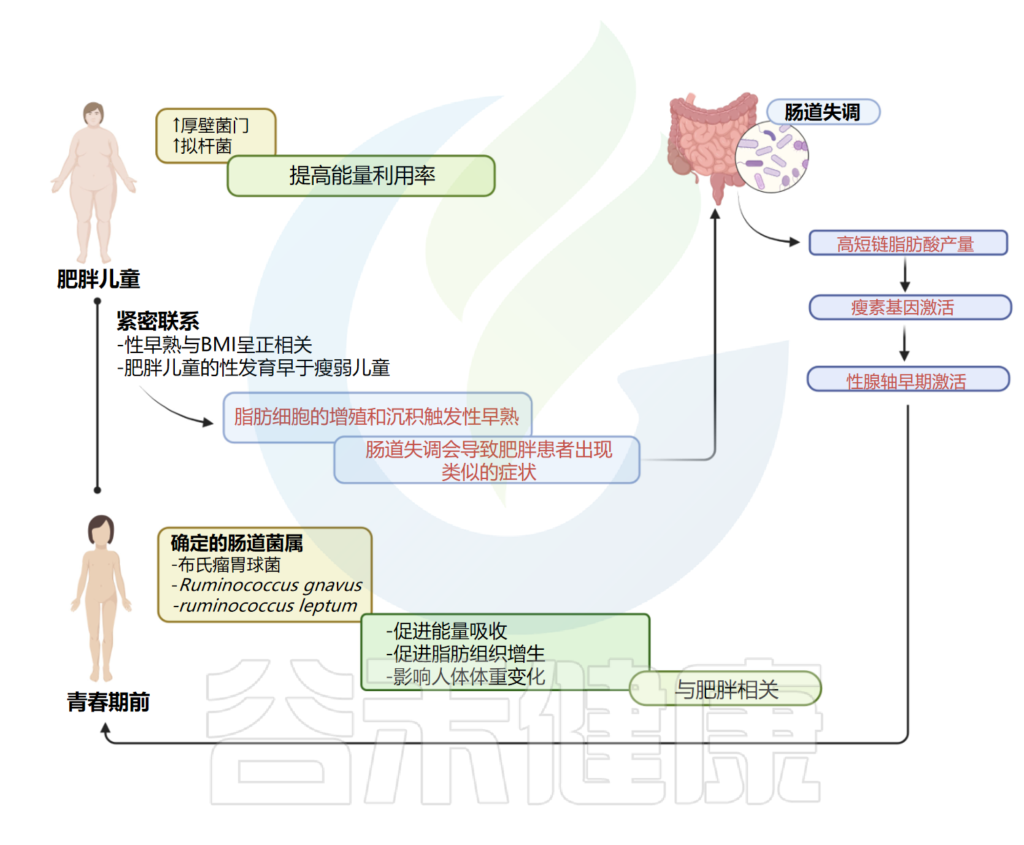特性
- 特性的概念和使用
- 特性(Attribute)
- 特性形式
- 特性类参数
- 预定义通用特性类
- ConditionalAttribute类
- ObsoleteAttribute类
- AttributeUsageAttribute类
- 全局特性
- 自定义特性类
- 使用反射访问特性
特性的概念和使用
特性(Attribute)
-
特性类:直接或间接派生于抽象类System.Attribute的类
-
放置在其他声明上,即附加到各种程序实体(包括类型、方法、属性等),以添加元数据信息
-
主要为编译器提供额外的信息,编译器可以通过这些附加特性,自动生成相应的代码,从而实现特定的功能
-
程序代码也可以通过反射技术,在运行时环境中检索这些特性信息,以实现特定的操作
特性形式
公共语言运行库(CLR)中预定义的特性
自定义特性
特性类参数
-
定位参数和命名参数列表
-
将方括号中的特性名置于其适用的实体声明之前
[DllImport(“user32.dll”, SetLastError=false, ExactSpelling=false)]
[Conditional(“DEBUG”),Conditional(“TEST1”)]
预定义通用特性类
ConditionalAttribute类
-
Conditional特性通过测试条件编译符号来确定适用的条件
-
采用一个或多个Conditional特性修饰
-
条件特性类
-
条件方法
-
标记为条件方法的调用取决于是否定义了预处理符号
public class MyTrace
{
[Conditional( "DEBUG" )]
public static void Msg(string msg) { Console.WriteLine(msg); }
[Conditional( "DEBUG" ), Conditional( "TRACE" )]
public static void Method2()
{
Console.WriteLine("DEBUG or TRACE is defined");
}
}
MyTrace.Msg("Now in Main..."); MyTrace.Method2();
Console.WriteLine("Main Done.");
ObsoleteAttribute类
-
将实体标记为一个建议不再使用的实体,在产品的未来版本中将被移除
-
当调用使用Obsolete特性标记的实体时,编译器会生成警告
-
两个定位参数:string类型的message和bool类型的error
-
如果Obsolete特性的第2个参数为true时,则产生错误信息
-
例12.2
[System.Obsolete(“use NewMethod”, true )]
AttributeUsageAttribute类
-
应用于自定义特性类,以控制如何应用新特性
-
AttributeUsage特性修饰的类必须直接或间接从System.Attribute 派生
-
AttributeUsage特性可以设置3个参数:
-
ValidOn参数
-
AllowMultiple参数
-
Inherited参数
全局特性
调用方信息特性类
用于跟踪和调试
获取关于调用方的信息传递给方法,包括源代码路径、行号、方法或属性的名称

-
适用于整个程序集或模块
全局特性在源代码中出现在顶级using指令之后,类型或命名空间声明之前 -
【例12.4】基于Visual Studio的Windows 窗体应用程序模板的项目中,将自动创建一个名为 AssemblyInfo.cs 的文件,该文件包括若干全局特性
自定义特性类
-
通过直接或间接地从System.Attribute类派生创建
-
特性类的声明遵循下列规则:
-
派生类的类名一般采用XXXAttribute的命名规范,类名就是特性名
-
构造函数的参数是自定义特性的定位参数
-
任何公共读写字段或属性都是命名参数
-
使用AttributeUsage特性指定特性类的限制条件
[System.AttributeUsage(System.AttributeTargets.Class | System.AttributeTargets.Struct,
AllowMultiple = true) ] //允许单个实体应用多次该特性
public class AuthorAttribute : System.Attribute
{
private string name; public double version;
public AuthorAttribute(string name)
{
this.name = name; version = 1.0;
}
}
[Author("Qingsong YU", version = 1.1)]
[Author("Hong JIANG", version = 1.2)]
class SampleClass
{ //书写关于Qingsong YU的代码...
//书写关于Hong JIANG的代码...
}
使用反射访问特性
-
C#使用反射技术来检索用自定义特性定义的信息
-
首先,通过GetType方法或者typeof关键字来获取类型
-
然后,通过GetCustomAttributes方法获取所应用的自定义特性的对象数组
-
最后,通过自定义特性的对象数组进行相应的操作处理
[AttributeUsage(AttributeTargets.Class | AttributeTargets.Struct, AllowMultiple = true)
public class AuthorAttribute : Attribute{…….}
……
[Author("Qingsong YU")]
class FirstClass { }
……
PrintAuthorInfo(typeof(FirstClass));
……
private static void PrintAuthorInfo(System.Type t)
{
Attribute[] attrs = Attribute.GetCustomAttributes(t);//反射技术
foreach (Attribute attr in attrs)
{
……
}
